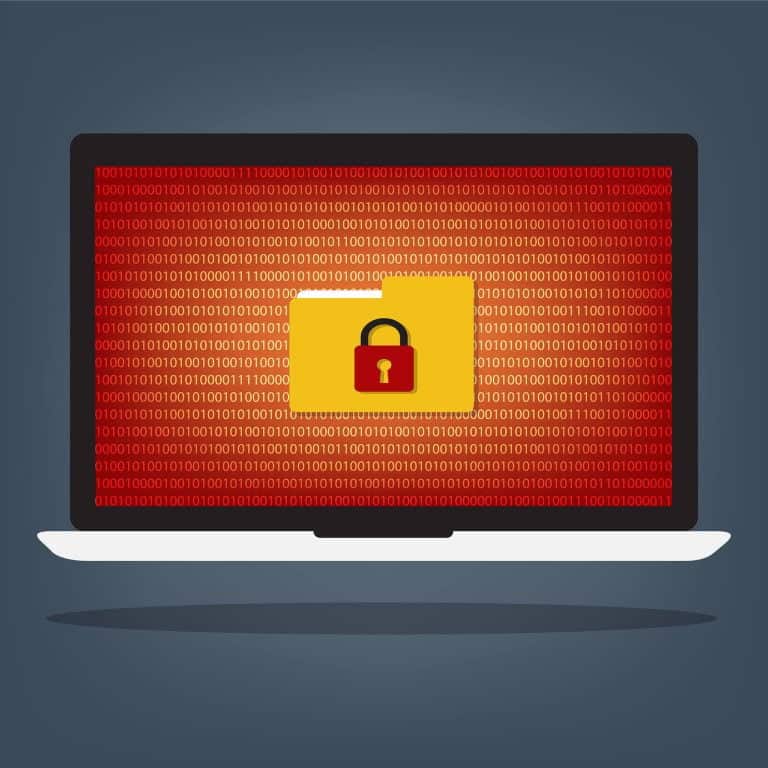Despite the all-encompassing digital nature of today’s business climate, it can be a shock to many to realize that most companies still suffer from data security issues. Most businesses do not emphasize enough appropriate measures to minimize the risks involved with careless data management. Perhaps the most astounding part is that most of this negligence from enterprises can be through the implementation of improper security protocols. Another likely reason could be the expenses that come bundled along with the same protocols.
Table of Contents
ToggleAccording to Cybersecurity Ventures, almost 450,000 cybersecurity positions in the US are unfilled. Globally, this number tallies to 3.5 million, which is borderline dangerous. The situation worsens considerably when accounting for the number of cyberattacks, breaches, and ransomware attacks from the past two years. Microsoft’s Digital Defense report paints a similar picture. That most organizations do not practice basic security protocol in 2021.
The Consequences of Ignoring Data Security
Data security and a company’s brand image go hand in hand. A weak data security policy can expose you to various threats, which only increase in magnitude and severity the more successful your business becomes. Due to this, the inverse relationship between the two is often the biggest reason to employ a policy that strengthens your company’s image to the world, and most importantly, your clients.
Common enterprise data breaches have a pattern to them. They usually come from one target source and are repeated multiple times before the victim learns of the attack. With each successive data attack, hackers use more advanced malware and ransomware. What can start as a gormless system infiltration could result in massive monetary damages to your company. In the year 2020 alone, cybercrime was responsible for more than $700 billion in damages globally. While this number accounts for individuals targeted with scams, businesses weren’t immune either.
Businesses that routinely deal with or store confidential customer data could have more bad news coming their way. It isn’t uncommon for companies to face litigation and lawsuits from people who have been affected by a hack through their product or services. And this trend is likely to grow with each incremental data security guideline ignored. When you factor in government audits and congressional hearings, especially when publicized, your business can lose a lot with the disrepute directed at it. Just ask Facebook that has its teenage userbase shrunk 12 percent since 2019. Repeatedly being in the press hasn’t helped its cause either.
Guidelines to Ensure Improved Data Security
#1: Providing Training to the Workforce
Companies can utilize security awareness training programs to educate their workforce about the importance of consistent data security practices. Implementing certifications such as ISO 27001 and breaking it down for employees should be pertinent for every company. Businesses should ensure that their training should include the following:
- Digital security best practices
- Awareness of malicious activity online
- Identifying phishing scams
- Security policies unique to the company
- Data protection and device safeguarding
#2: Security Strategies with Data-Centric Approaches
The Internet of Things (IoT), mobile platforms, and the cloud have blurred the lines in the traditional boundaries of the network. Network security now needs to be tackled with a much more holistic approach. It requires careful strategizing. A data-centric approach that can help companies build a strategic understanding of data is crucial. The company’s most valuable data can then be protected using encryption methods. And as a failsafe, data backup guidelines could be designed as well.
#3: Patching Vulnerabilities Before or on Time
There’s no cure like prevention. It applies to software, infrastructure, and operations, too. When businesses spot any issues in their day-to-day working, patching them on time can be the difference between a successful or subverted data breach attempt. This process can be streamlined using a patch management program through which businesses can test patches before they are deployed onto working servers. But implementing patches doesn’t just solve the issue. Rigorous testing of the system can ensure no further vulnerabilities are present.
#4: Containing the Cloud with Permissions
As more business operations shift to the cloud, organizations need to find ways to safeguard their data. Already, human error has accounted for the vast majority of AWS S3 buckets. Clamping down on the permissions set on your cloud network is important, as simple misconfiguration issues can expose your data to the world. The IT and security resources in a company should be tasked with auditing cloud accounts and the access provided to them to ensure the principle of least privilege.
The Tools That Help
Specifically-designed tools for ensuring the highest enterprise data security standards exist today. These aim to protect workforces, cloud and hybrid environments, and even your critical infrastructure.
#1: FortiGate Firewall
Standard firewalls aren’t well-equipped to handle hybrid cloud environments. For these cases, you need a purpose-built solution that can be the first line of defense for your network in case of any attack. The FortiGate firewall is designed to protect organizations with tools such as SSL inspection, deep content inspection, intrusion prevention system, advanced visibility, and 100 Gbps throughput.
#2: Egnyte
If your workforce is distributed globally or is still working from home, you need a platform that helps them to access resources with ease and speed. Regardless of where their files are, Egnyte helps your workforce to get instant access to the content they require. While mitigating any unauthorized access to the network or the files themselves. It is a powerful tool that successfully and safely distributes enterprise data to its workforce.
#3: Xnspy
Xnspy is a real-time employee monitoring software that specializes in providing business owners the control and visibility they need over their workforce. Xnspy offers multiple features, including geolocation of your employees, complete visibility of device and app usage, and file content on their devices. This real-time employee monitoring software can especially be useful for businesses specializing in tech, finance, and healthcare.
#4: Google Apigee Sense
Google’s Apigee Sense is an API protection tool that can detect any suspicious behavior on an API and disarm its use. When the software detects a potential bad actor, it uses a rules-based system and sends the admins notifications so the issue can be addressed promptly. Some of the features of Apigee Sense are bot ensnaring, blocking and throttling, visual risk analytics dashboards, and smart risk models.
The Future of Enterprise Data Security
It’s no secret that the problems surrounding data security in businesses are only going to grow and exacerbate with time. This is because, like other forms of tech, sophisticated attacks and breaches are on the horizon. With the numbers of cyberattacks and the damages they cause soaring higher than ever, companies need a safety-first approach to their operations and management. It should prompt a strict response and implementation from businesses of all scales and sizes.
Whether your business requires careful strategizing or is missing out on important tools, like firewalls and real-time employee monitoring software, the time to focus on data security is now. The threats surrounding the existence of enterprises loom large and will continue to be the bane of existence for many. Having the fundamentals locked down—be it through protocols, training, or tools—can be the saving grace for your business as well.





